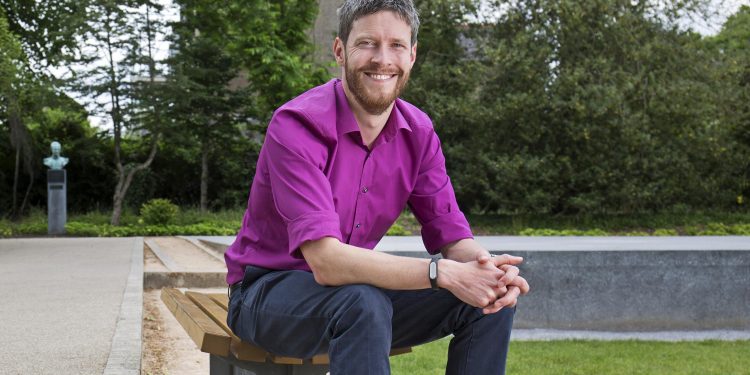Human papillomavirus (HPV) is now so common that the majority (80%) of Irish men and women will get the virus at some point in their lives, yet new research reveals that 95% of parents underestimate just how prevalent the virus is.
This is part of research announced as part of Irish Life Health’s “Not Just for Girls” HPV awareness campaign.
HPV is a family of common viruses that are passed on through sexual contact. In most cases, HPV goes away on its own and does not cause any health problems; however, there are numerous strains of HPV, some of which can cause cancer or precancerous lesions.
The HSE currently offers the HPV vaccination only to girls, in their first year of secondary school. However, the benefits of vaccination in boys, alongside girls, is two-fold; not only does it help to prevent the spread of the virus to others, it also prevents HPV-related cancers in both males and females, by helping the immune system fight and clear the HPV infection.
The “Not Just for Girls” campaign by Irish Life Health also highlights that 85 men in Ireland are diagnosed with HPV related cancers every year, which could potentially be prevented by a simple vaccination.
Commenting on the Irish Life Health research, Dr Phillip Kieran said; “We are seeing more and more HPV related cancers recently in men as well as women, so I feel it is important to consider vaccinating boys as well as girls. Administering the HPV vaccine to both boys and girls is the most effective way of preventing a range of cancers caused by the virus, yet it’s currently only available free to girls in their first year of secondary school.”
The research also highlighted that there is a low understanding among Irish parents about HPV related cancers in men. Only 8% of Irish parents believe the leading cause of oropharyngeal (throat) cancer in men is from a HPV infection. However, up to half of all oropharyngeal cancers in Ireland may be caused by HPV infection. People who are diagnosed with HPV are 16 times more at risk of developing oropharyngeal cancer and on average nearly one third (27%) of all HPV related cancer diagnoses in Ireland are in men. In addition to this, more than 99% of cases of cervical cancers in women are thought to be caused by HPV.
Parents have shown to be receptive about vaccinating their sons against HPV, with almost half (47%) of parents of boys under 18 years considering getting their sons vaccinated against the virus. The main reasons given were: protecting their son from HPV-related cancers and sexually transmitted diseases (59%); shared responsibility between boys and girls to prevent STDs (22%); and equal rights to HPV vaccination for boys and girls (10%). The research also showed that nearly 8 in 10 (77%) parents of dependent children understand that both genders can carry the HPV virus.











